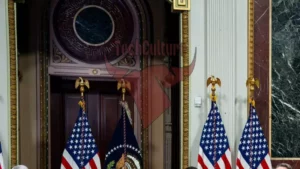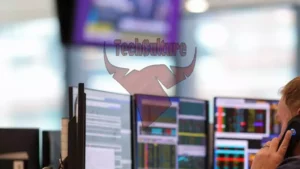The United Kingdom is facing a fresh produce shortage due to high energy prices and Brexit. Supermarkets across the country are now limiting the number of vegetable shoppers can buy, just three years after Britain voted to leave the European Union.
This shortage has been caused by several factors, including rising fuel costs for transportation and increased demand from other countries as a result of Brexit. The UK’s decision to leave the EU has also led to an increase in tariffs on imports, making it more expensive for supermarkets to source their products from abroad.
To combat this issue, some retailers have started stocking locally grown produce instead of relying on imported goods. This will help reduce transportation costs and ensure that customers can access fresh fruit and vegetables at reasonable prices during these difficult times. Additionally, government initiatives, such as ‘Buy British’ campaigns, have encouraged people to support local farmers who grow their crops without relying on imports or exports from other countries affected by Brexit negotiations.
It is clear that high energy prices combined with Britain’s exit from the EU have had an impact on food supplies in recent months – but steps are being taken both within industry circles and among consumers that should help alleviate any potential shortages going forward into 2021.
Read more at Quartz


